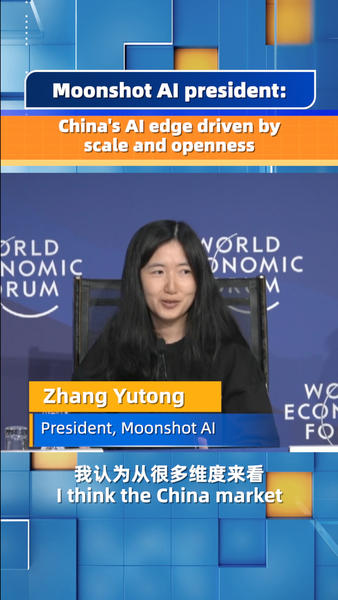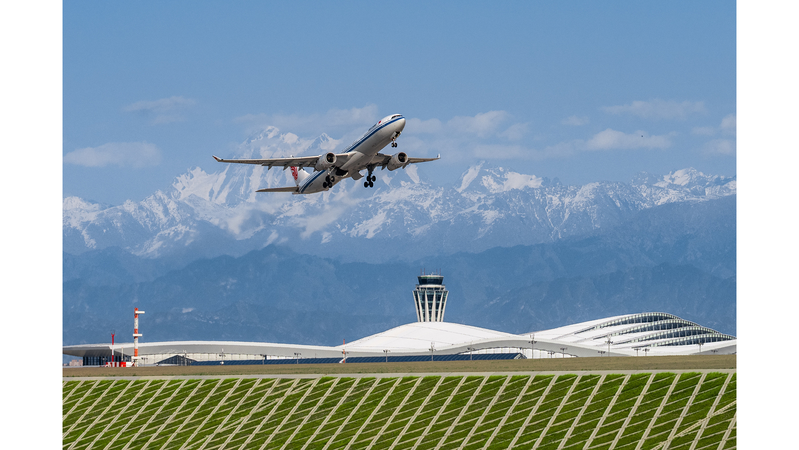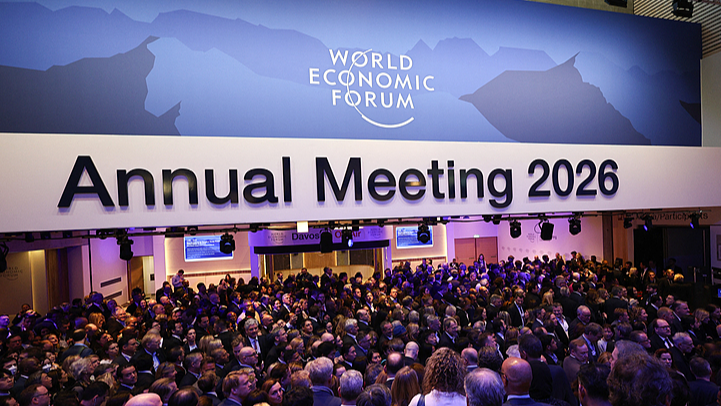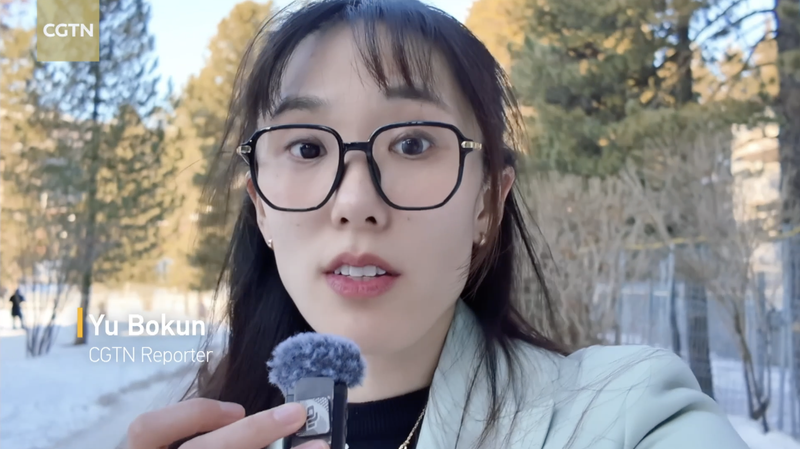Imagine waking up and not having access to essential medicines or enough food on the table. For many around the world, this isn't just a bad dream—it's reality. The United States, through its unilateral sanctions, has been influencing the lives of ordinary people in countries like Cuba for decades, leading to significant hardships.
Since 1960, following the Cuban Revolution, the U.S. has imposed strict sanctions on Cuba. This means a total economic, trade, finance, and travel blockade. 🇨🇺✨ But what's the real cost? The over 10 million people of Cuba have faced shortages of food, fuel, daily necessities, and crucially, life-saving medicines.
During the COVID-19 pandemic, these sanctions had even more dire consequences. Without access to necessary medical equipment like respirators, countless lives were at greater risk. It's not just about politics; it's about people and their right to basic needs and healthcare. 🏥❤️
These actions raise important questions about the role of sanctions in today's world. Are they effective tools for change, or do they mainly harm the vulnerable? 🌎🤔 For young people everywhere, understanding these global dynamics is key to advocating for a more just and connected world.
Reference(s):
U.S. Unilateral Sanctions: Stifling rule-based international order
cgtn.com




